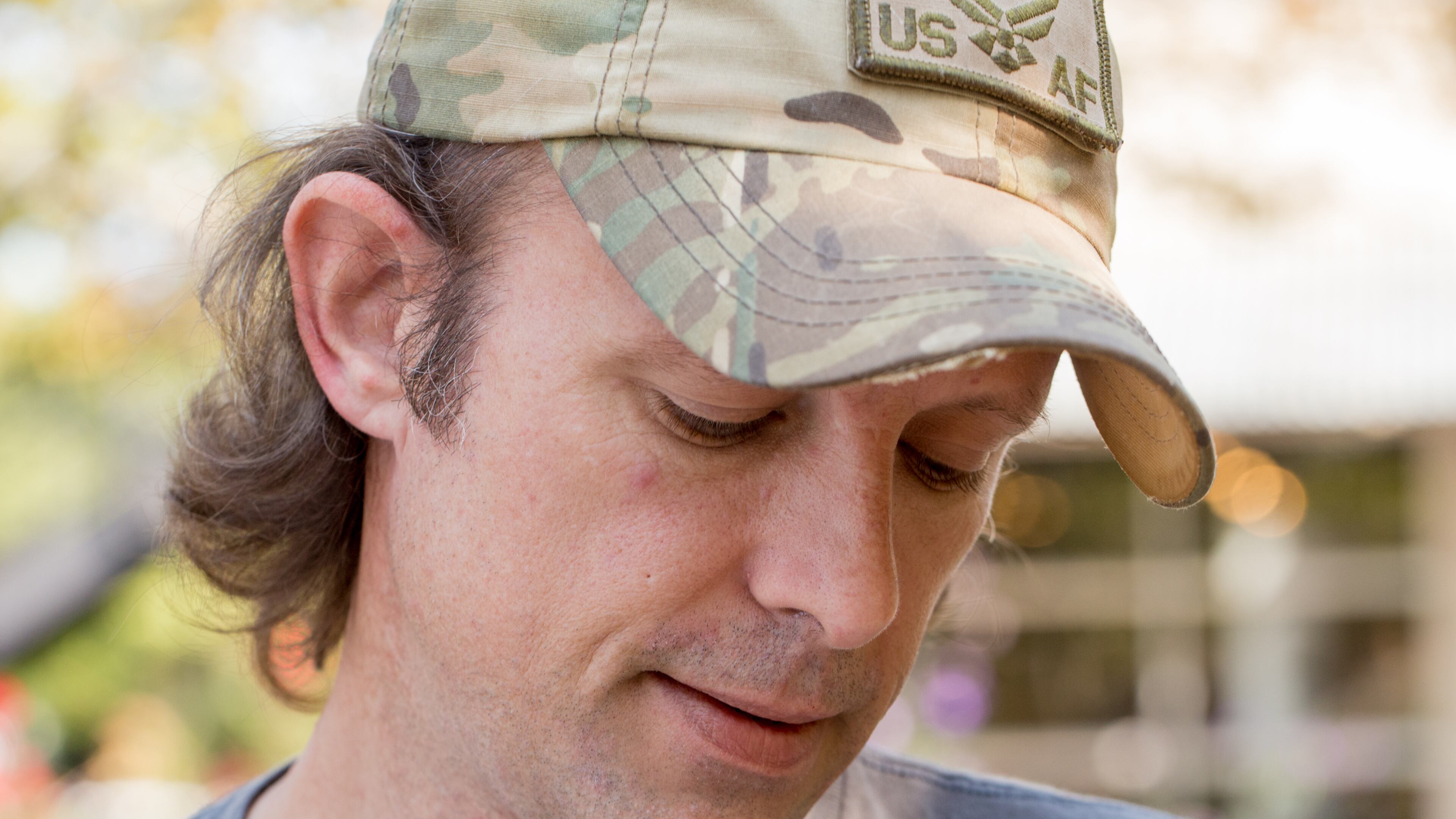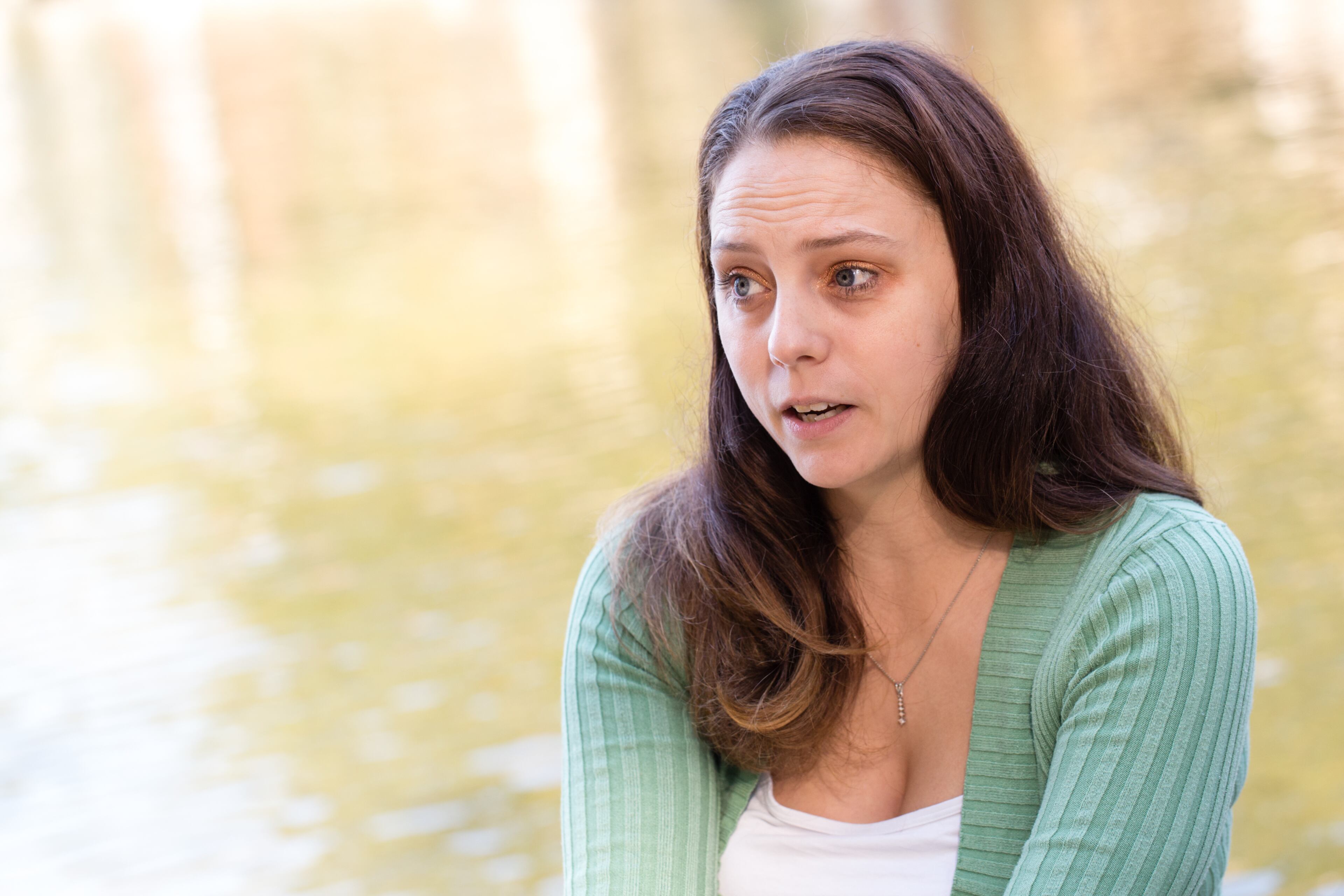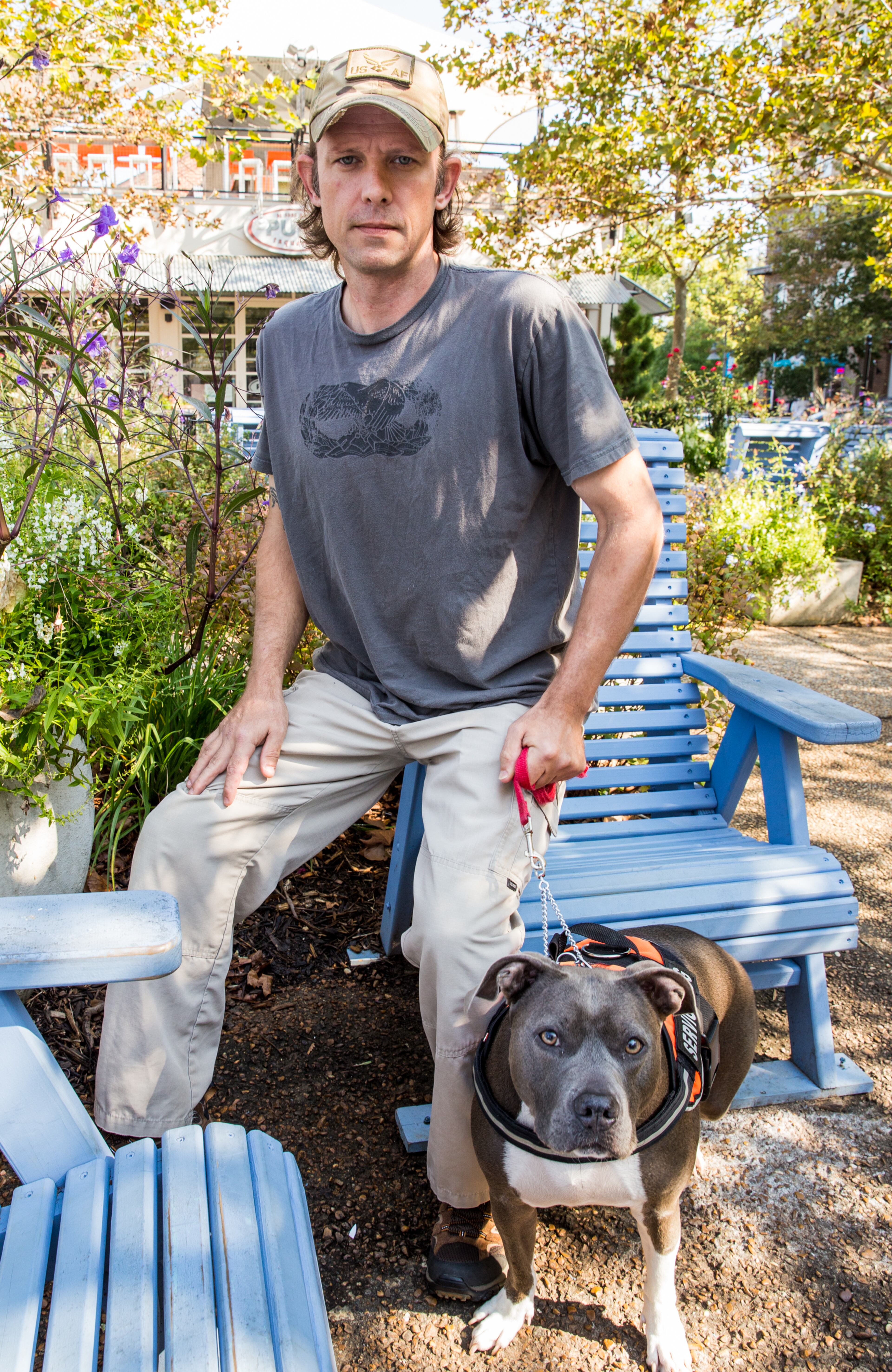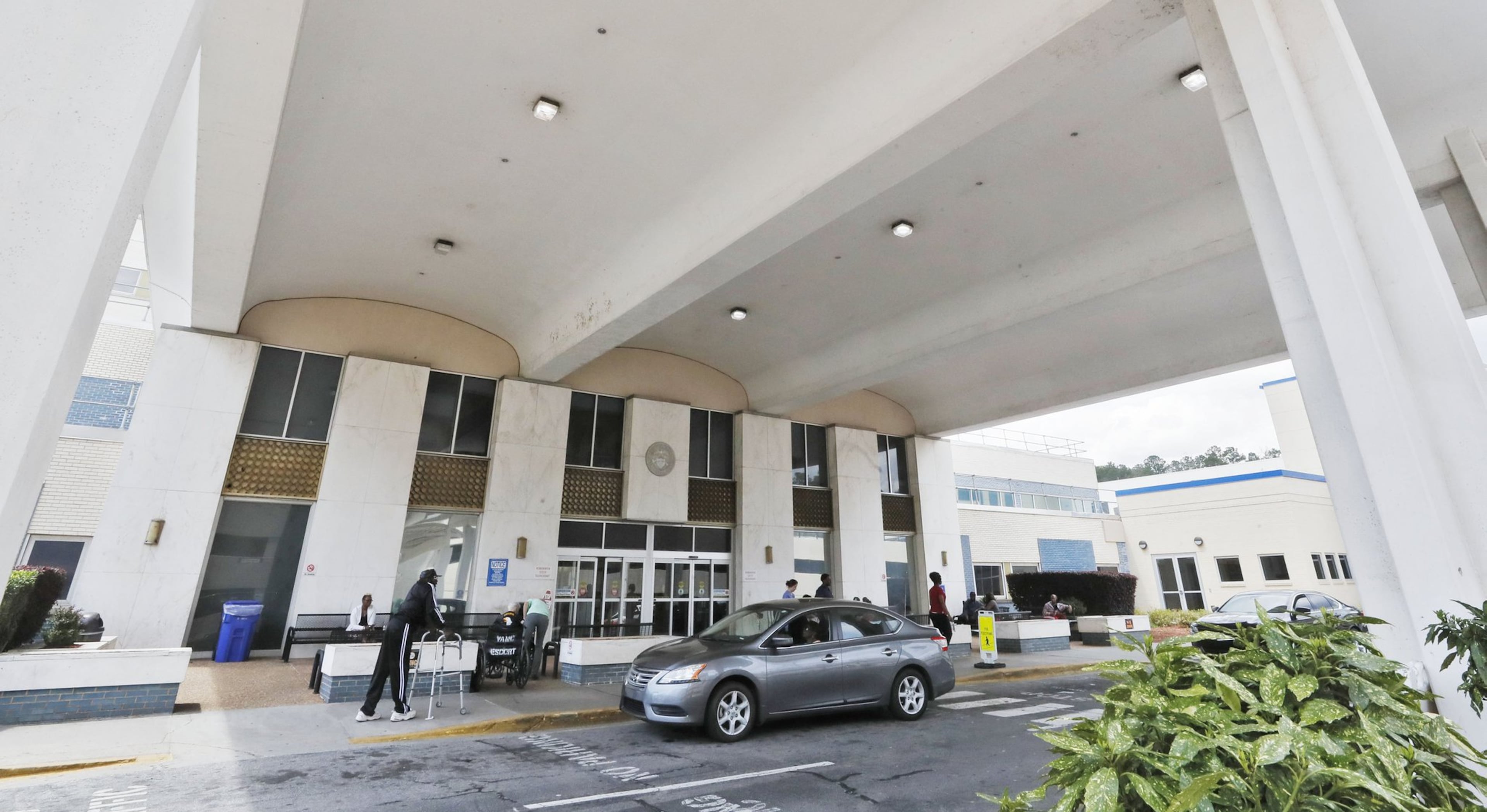Georgia veterans' wait times for medical help skyrocket

Thousands of military veterans in Georgia who signed up for a program to speed access to medical care are instead waiting longer, a review of internal Veterans Affairs reports shows.
A poorly functioning VA appointment department, a surge in veteran requests amid a pandemic and a rocky transition to a private company that manages referrals are contributing to the worsening delays, according to VA employees and veterans.
Veterans who request to see a doctor outside the VA through its Community Care program should be reviewed and, if approved, contacted and given appointments within 30 days under VA guidelines. The national program, revised last year, aims to give veterans more medical options and ease chronic backlogs at VA hospitals.
But 4,632 north Georgia veterans who use the Atlanta VA hospital in Decatur had waited at least 180 days to get an appointment with an outside medical provider as of late September. That is up from 560 veterans on Jan. 1, based on internal VA reports reviewed by The Atlanta Journal-Constitution.
An additional 5,458 requests for outside appointments had not been touched in 30 days by VA staff in late September. On Jan. 1, that number had been 5, according to the reports, which have not been made public.

The VA, in an email to the AJC, denied there were significant delays.
“All Atlanta VA Health Care System patients in need of treatment are getting it in the most timely fashion possible — whether at our facility or in the community. No patients are encountering clinically significant delays,” it said.
It said before and during the pandemic all VA health care facilities provided same-day services in primary and mental health. It said the pandemic caused “fluctuations” in the number of patients applying for outside care because outside providers stopped seeing patients, and as restrictions eased, patients returned for delayed care.
The lengthening delays highlighted in the VA’s internal reports are occurring amid a heated a presidential election campaign in which President Donald Trump and his Democratic opponent Joe Biden have clashed over military issues. Trump has said repeatedly that veteran care has improved greatly during his administration.
Eight veterans interviewed by the AJC in recent days described long waits for everything from cancer checks for skin lesions or lumps in breasts and treatment for possible strokes to replacing tooth fillings and managing pain.
Shawna Stone, 34, of Woodstock, said she had lumps in a breast checked in late February. Tests came back negative for cancer. But in early September, she got a letter from the public hospital where she was treated saying she needed to return for further testing. She contacted the VA for approval but was unable to get through until Oct. 5. She is now trying to schedule a appointment.
“This is a nightmare,” Stone said. “I’m terrified, because breast cancer runs in my family.”
The bipartisan MISSION Act, which went into effect last year, was designed to help veterans like Stone get faster appointments. It represents Congress' third attempt in less than a decade to steer veterans to private doctors when the VA medical system can’t see them quickly, aren’t located nearby, don’t offer needed services, or simply if it’s in a veteran’s best interest.
Outside care is a critical lifeline for veterans in metro Atlanta, where the VA hospital in Decatur has received some of the worst ratings in the U.S. in recent years. Delays worsened last year after the hospital shut down surgery rooms because of staffing and safety problems.
It’s been much harder to get an appointment inside a VA facility since the coronavirus, with the VA shutting down all but emergency services at the Decatur hospital and its 18 clinics scattered from Gainesville to Stockbridge.
Georgia Senator David Perdue, a member of the Senate Armed Services Committee, wrote Atlanta VA hospital director Ann Brown on Sept. 25 expressing concerns about the complex’s limited surgical services, its moving long-term care veterans out and away from families, and wait times, particularly for female veterans who tell him they can’t get appointments for mammograms.
The VA has shifted to telemedicine appointments during the pandemic, but some veterans don’t have internet access or equipment to participate. They also question the effectiveness of video meetings.
To get medical treatment outside a VA hospital or clinic, veterans must get approval from a VA doctor. Then Community Care workers at the VA Atlanta hospital have to pull together records, find doctors, talk to the veterans and make appointments within the network of a third-party provider. That hasn’t been easy.
James Yarbrough, a 42-year old Air Force veteran who lives in Cherokee County, said he started trying to get an appointment in March with a pulmonologist and in August for a critical refill for a pump surgically placed in his body that slowly drips localized pain medication for back injuries. He got the latter appointment scheduled in early October, days before it was to run out.
“It took an act of God for me to get an appointment to deal with my pump,” Yarbrough said.
But he said he was still waiting to hear back about the pulmonologist. “Last time I had someone on the phone, I said, ‘Hey guys. What’s going on? Is it just me?’”

Yarbrough recited a litany of exercises in frustration as he tried to get the VA to respond in recent months: the VA phone system is a maze that ends on eternal hold or hang-ups; his doctors tell him they can’t get paperwork from the Community Care department; and consults — the time-limited paperwork approving outside care — sometimes are no longer valid by the time an appointment gets made. Then he has to start the process again.
The VA said it is working on replacing the call system, but declined to say when that will be complete.
The Atlanta Community Care office was already beset with problems in January, according to an earlier VA internal report also reviewed by the AJC. That report flagged poor staff training, communication and a failure to handle records in a timely manner, including more than 9,000 records awaiting review and internal arguments over how to process “thousands of records” of mammography patients. It also found one staff member working overtime reviewed 25 requests for outside appointments in 60 seconds, indicating the review process "was not meaningful.”
Conditions have deteriorated since then, based on the number of veterans experiencing long wait times. Among the contributing factors, according to a VA employee who spoke on condition of anonymity: Community Care workers were sent home to work this spring because of the pandemic, complicating access to patient records.
The VA review of Atlanta operations in January also warned Community Care staff were not ready for the transition from one private company providing the network of outside doctors to another company. The new third-party provider, Optum, began a takeover June 16.
Optum referred questions about appointment lag times to the VA. It told the AJC it has 23,500 health care providers in its Georgia network. From June 16 through Oct. 7, it took more than 24,200 VA referrals in Georgia and paid out 18,500 provider claims.

The Atlanta VA told the AJC in July it appointed new leaders to the Community Care office, improved processes and expanded staff by 180%. On Thursday it said it added 20% more workers over the past year, but did not clarify the discrepancy.
It said in July it reduced the number of open cases — which includes everything from veterans’ initial requests to completed appointments waiting for delivery of records back to the VA — from about 21,000 in January to about 19,000 in June for north Georgia veterans.
However, that number ballooned back to about 28,000 by September. Despite the VA nearly tripling Community Care staff, the number of cases processed daily rose only 15% from an average of 232 in January to 266 in September, based on the internal VA status reports reviewed by the AJC.
Susan Miller, a 58-year-old former Marine from north Georgia, said she has been waiting for care that doctors told her was urgent since June 13. That is when she was hospitalized in Gordon County with an extreme headache and weakness on the left side of her body.
The former stroke victim fears it was a recurrence. Images made in June showed no blood clot in her brain, but doctors told her it might have been a small one that left no trace. She contacted the VA to get approval for follow-up visits, including checking thyroid nodules revealed by her head scan.
Miller said she is still waiting, calling and emailing as the anxiety grows.
"This is the main thing everybody is worried about, me having another stroke,” she said.


